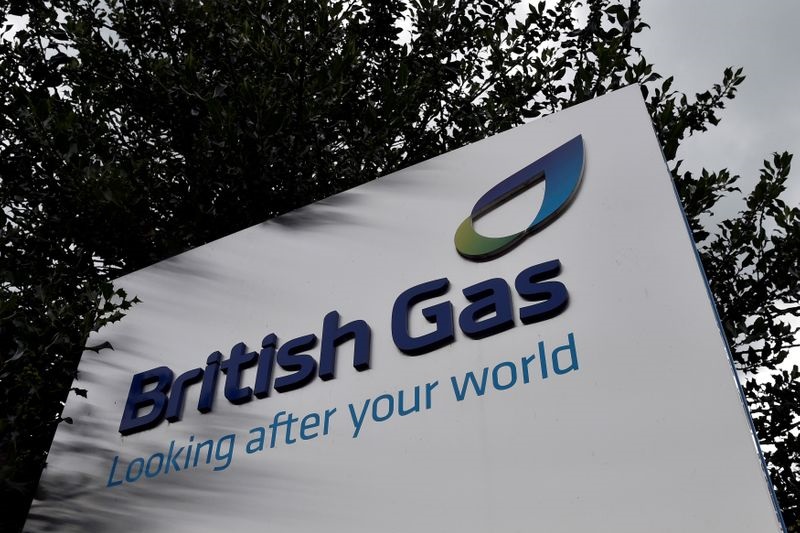By Geoffrey Smith
Investing.com -- Shares in U.K. power generators rose on Tuesday after leaked reports suggested the government's planned tax grab on the energy sector will focus more on the oil and gas sector instead.
The U.K. government is due to set out its budget plans for the coming years on Thursday and is under pressure to find tens of billions of pounds to ensure that public debt - which exploded during the pandemic - will return to sustainable levels over the medium term.
The Financial Times reported that Chancellor of the Exchequer Jeremy Hunt is preparing to impose a 40% windfall tax on the "excess returns" of the power generation sector. However, it noted that the definition of what constitutes "excess" is not yet clear. By contrast, it said Hunt is looking to extend the current windfall tax on oil and gas companies for another two years to 2028, and also raise the levy to 35% from 25%.
That suggests that the bulk of tax grab from the energy sector will hit the big fossil fuel producers, BP (LON:BP) and Shell (LON:RDSa), while letting generators off relatively lightly.
As such, market participants pushed the prices of Centrica PLC (LON:CNA), Drax Group (LON:DRX) and SSE (LON:SSE) higher. By 04:50 ET (09:50 GMT), Centrica stock was up 4.0%, Drax stock was up 4.1% and SSE stock was up 1.8%, all of them among the best performing stocks in the sector across Europe. By contrast, BP stock and Shell stock were both down, underperforming the broader oil and gas sector.
The ruling Conservative Party had initially resisted pressure to impose a tax on this year's windfall profits of the energy sector, afraid of the impact it would have on future investment in a sector which has to spend heavily on reducing its carbon footprint in the coming years. However, recent reports have indicated that it will have no option but to change course, given the scale of the fiscal tightening needed.
U.K. wholesale power prices this year are up around 43% on average, having already more than doubled in 2021. While they traded in a broad range around £50 (£1=$1.1818) a megawatt-hour in the years before the pandemic, they have traded above £150/MWh for almost all of the last year, peaking at over £584/MWh. That reflects the role of natural gas - which typically accounts for over half of U.K. generation - in setting the marginal price of electricity in the U.K. While the generators have had to pay substantially more for their gas inputs this year, there has been no such increase in the cost of the power they generate from wind, solar or hydropower.
